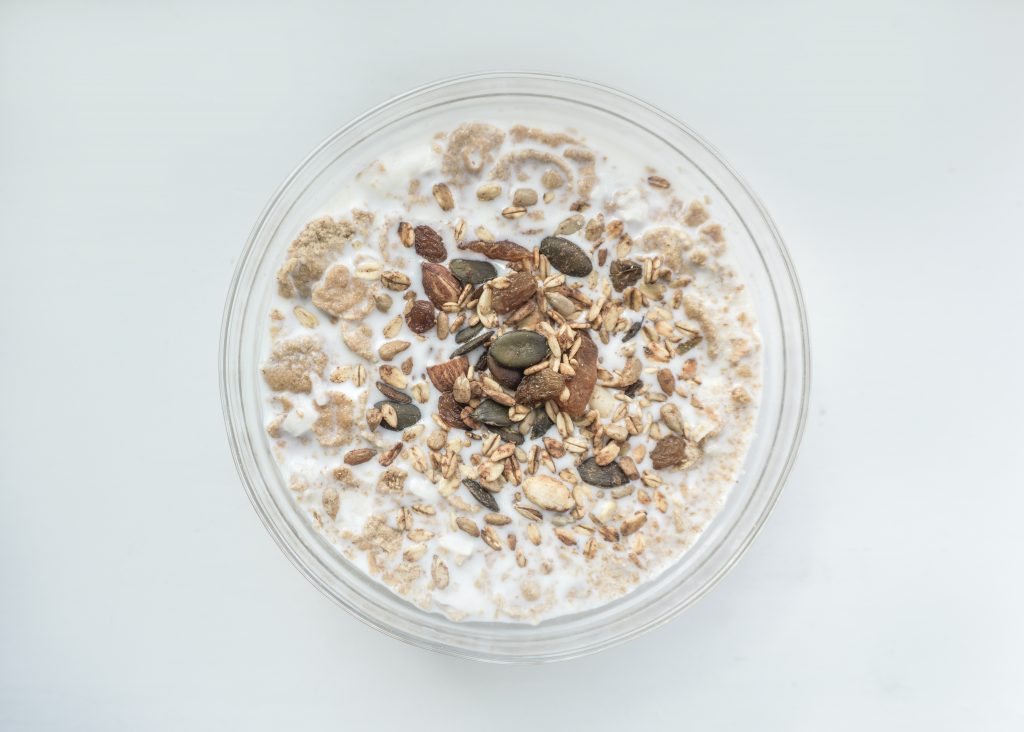Introduction
The realm of dietary choices is ever-evolving, and among the trends that have captured significant attention is the low-carb diet. As individuals seek to optimize their health and well-being, the allure of going against the grain—quite literally—by reducing carbohydrate intake has gained momentum. In this article, we delve into the nuances of low-carb diets, exploring their potential benefits, science-backed insights, and considerations. So, should you try a low-carb diet? Let’s break down the facts to help you make an informed decision.
Understanding Low-Carb Diets
Before delving into the decision-making process, let’s clarify what a low-carb diet entails. At its core, a low-carb diet involves significantly reducing the consumption of carbohydrates, which are the body’s primary source of energy. By restricting carbs, the aim is to prompt the body to shift its fuel source from glucose (derived from carbs) to fat. This shift leads us to the science behind low-carb diets and the phenomenon of ketosis.
The Science Behind Low-Carb Diets
Ketosis is a metabolic state where the body turns to burning fat for fuel in the absence of sufficient carbohydrates. This process is central to the mechanics of a low-carb diet. By reducing carb intake, the body’s glucose levels decrease, and it starts breaking down stored fat into molecules called ketones, which serve as an alternative energy source. This metabolic switch has garnered attention for its potential benefits, but what exactly are those benefits?
Pros of a Low-Carb Diet
The allure of a low-carb diet is often tied to its potential for weight loss. By limiting carb intake, the body enters a state where fat is mobilized and used for energy, potentially leading to a reduction in body fat. Additionally, studies suggest that low-carb diets may have positive effects on blood sugar control, making them particularly appealing for individuals with type 2 diabetes or insulin resistance. The ability of low-carb diets to regulate hunger and stabilize blood sugar levels can contribute to a sense of fullness and reduced cravings.
Considerations and Potential Downsides
While the benefits are intriguing, it’s essential to approach a low-carb diet with caution and awareness of potential downsides. During the initial phase of adaptation, some individuals experience what is commonly referred to as the “keto flu,” characterized by symptoms like fatigue, headache, and irritability. This transitional phase highlights the body’s adjustment to using ketones as an energy source. Additionally, because carb sources often contribute essential nutrients, careful planning is necessary to ensure that nutrient needs are met.
Navigating Carbohydrate Sources
Not all carbs are created equal, and this rings especially true in the context of a low-carb diet. Simple carbohydrates, often found in sugary snacks and refined grains, are digested quickly, leading to rapid spikes and crashes in blood sugar levels. On the other hand, complex carbohydrates found in whole grains, fruits, and vegetables offer valuable nutrients and a more sustained release of energy. If you’re considering a low-carb diet, it’s important to choose nutrient-dense carb sources that support your overall health.
Meal Planning and Food Choices
Creating well-rounded and satisfying meals while adhering to a low-carb regimen requires thoughtful meal planning. Opt for a diverse range of nutrient-rich foods, including non-starchy vegetables, lean proteins, and healthy fats. This combination not only provides essential nutrients but also supports a sense of satiety. Experiment with recipes that cater to your taste preferences and align with the principles of a low-carb diet.
Sustainability and Lifestyle Considerations
The question of long-term sustainability looms large when considering any dietary change. While the initial enthusiasm for a low-carb diet might be high, it’s crucial to assess whether this approach aligns with your lifestyle and preferences in the long run. Social situations, dining out, and cultural factors can all impact the feasibility of maintaining a low-carb diet. Finding a balance that supports your health goals while accommodating your daily routine is key.
Individualization and Consultation
As with any dietary decision, there is no one-size-fits-all answer. Individual factors such as
age, activity level, health status, and personal goals should guide your approach to a low-carb diet. Before embarking on a significant dietary change, especially one that involves restricting specific macronutrients, consider consulting with a healthcare professional or registered dietitian. Their expertise can provide valuable insights tailored to your unique needs.
Potential Health Impact
Beyond weight management, low-carb diets have been explored for their potential impact on various health conditions. For instance, the ketogenic diet has been used as a therapeutic tool to manage epilepsy in some cases. Research is ongoing to examine how low-carb diets might affect conditions like cardiovascular health, brain function, and more. As the scientific landscape evolves, it’s essential to stay informed about the latest findings.
Balancing Macronutrients
When contemplating a low-carb diet, it’s important to avoid fixating solely on carbohydrates. A balanced intake of fats, proteins, and carbohydrates contributes to overall health and well-being. Fats provide essential fatty acids and support various bodily functions, while proteins are vital for muscle maintenance and repair. Striking a harmonious balance among these macronutrients is integral to maintaining optimal health.
Fitness and Performance
The impact of a low-carb diet on physical performance is a topic of interest, especially for athletes and active individuals. Carbohydrates play a crucial role in providing readily available energy for physical exertion. For high-intensity workouts, the body relies heavily on glycogen stores, which are derived from carbohydrates. While some individuals thrive on a low-carb approach, athletes may need to tailor their nutritional strategies to meet their performance demands.
Making an Informed Decision
The decision to adopt a low-carb diet is multifaceted, influenced by personal goals, preferences, and health considerations. Understanding the potential benefits and challenges is paramount in making an informed choice. Whether you’re seeking weight loss, blood sugar management, or improved energy levels, research and introspection are crucial steps in this journey.
Exploring Alternatives
While a low-carb diet has its merits, it’s important to recognize that it might not be the best fit for everyone. Other dietary approaches, such as balanced macronutrient ratios, Mediterranean-style eating, or plant-based diets, offer their unique advantages. Ultimately, the goal is to find an eating pattern that resonates with your values, preferences, and health goals.
Conclusion
In the pursuit of health and well-being, the decision to try a low-carb diet requires thoughtful consideration and a balanced perspective. The potential benefits, ranging from weight loss to improved blood sugar control, are enticing. However, it’s crucial to approach this dietary choice with an understanding of potential challenges and individualized needs. Consulting with healthcare professionals, researching reputable sources, and considering long-term sustainability are all steps toward making an informed decision that supports your journey toward optimal health.
FAQs:
- Is a low-carb diet suitable for everyone?
A low-carb diet may be beneficial for some individuals, but it’s essential to consider individual factors, health status, and goals. Consultation with a healthcare professional is advised. - Can I achieve weight loss with a low-carb diet?
Low-carb diets have shown potential for weight loss due to the metabolic effects of ketosis. However, individual results may vary. - Are there risks associated with a low-carb diet?
Potential risks include nutrient deficiencies, “keto flu” during adaptation, and challenges with long-term sustainability. Consulting a healthcare professional can help mitigate these risks. - What are some nutrient-dense low-carb foods?
Non-starchy vegetables, lean proteins (e.g., poultry, fish, tofu), nuts, seeds, and healthy fats (e.g., avocados, olive oil) are excellent choices for a low-carb diet. - Can I exercise while on a low-carb diet?
Yes, exercise can be incorporated into a low-carb lifestyle. However, athletes and active individuals might need to tailor their nutritional strategies to support performance goals.


